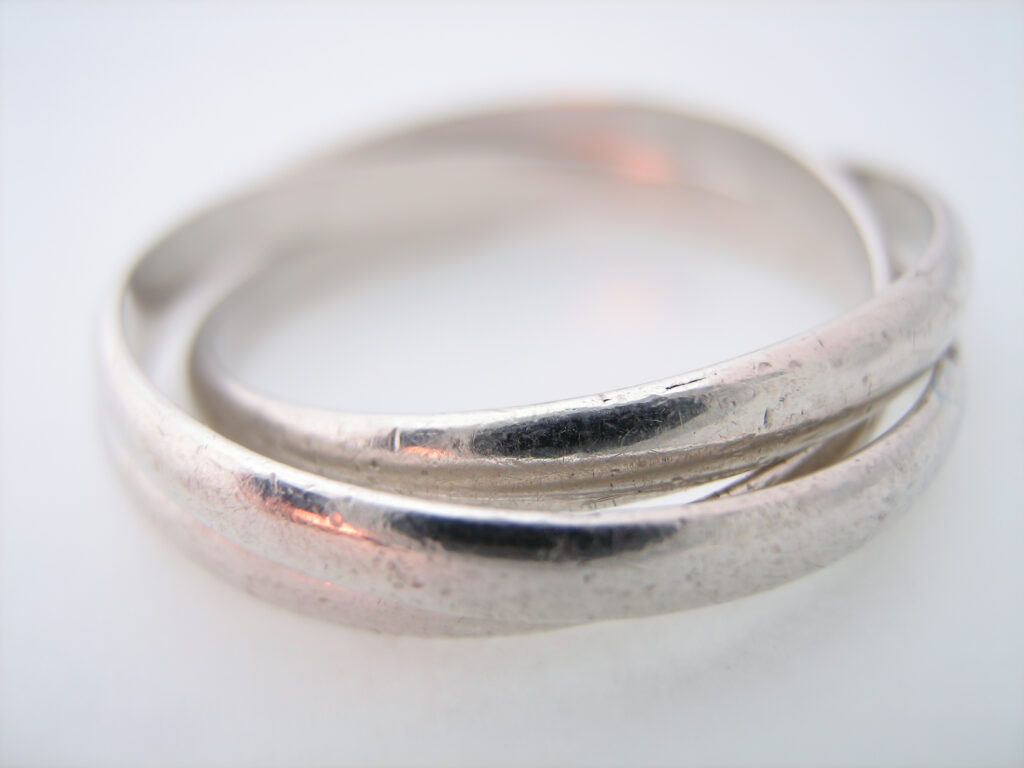Although not necessary, you can include a clause in your Will expressing your wish to donate your organs, but to ensure that your wish can be ascertained by authorised medical staff at the time of your death you should record your donation decision on the National Organ Donor Register (AODR).
You should also discuss your donation decision with your family and loved ones prior to your death to ensure that they are aware of your decision and increase the chances that they will support your decision. In Australia, families or loved ones must consent to organ donation before donation can proceed, even if you have registered on the AODR. This means your loved ones can veto your decision to donate, even if you have registered on the AODR.
You can register on the AODR through Medicare (either online or at a service centre).
Why should you consider organ donation?
At any one time there are approximately 1,500 people on the Australian organ transplant waiting list. A decision to donate could save the lives of up to 10 people.
Only 33% of Australians are currently registered on the AODR.
Only 1 to 2 % of Australians who die in hospital will be eligible to donate their organs. For organ donation to be possible donors need to die in hospital where their body can be medically supported until their organs can be donated. This means the more Australians who register on the AODR and obtain their families support for their donation decision the better.
Most people can donate their organs and tissue. Old age or medical history won’t necessarily mean you are unsuitable to donate.
For more information on organ donation visit www.donatelife.gov.au.
For more information on Wills and Estate Planning issues please contact our friendly and professional team at Peter Speakman & Co on 9822 8611.




